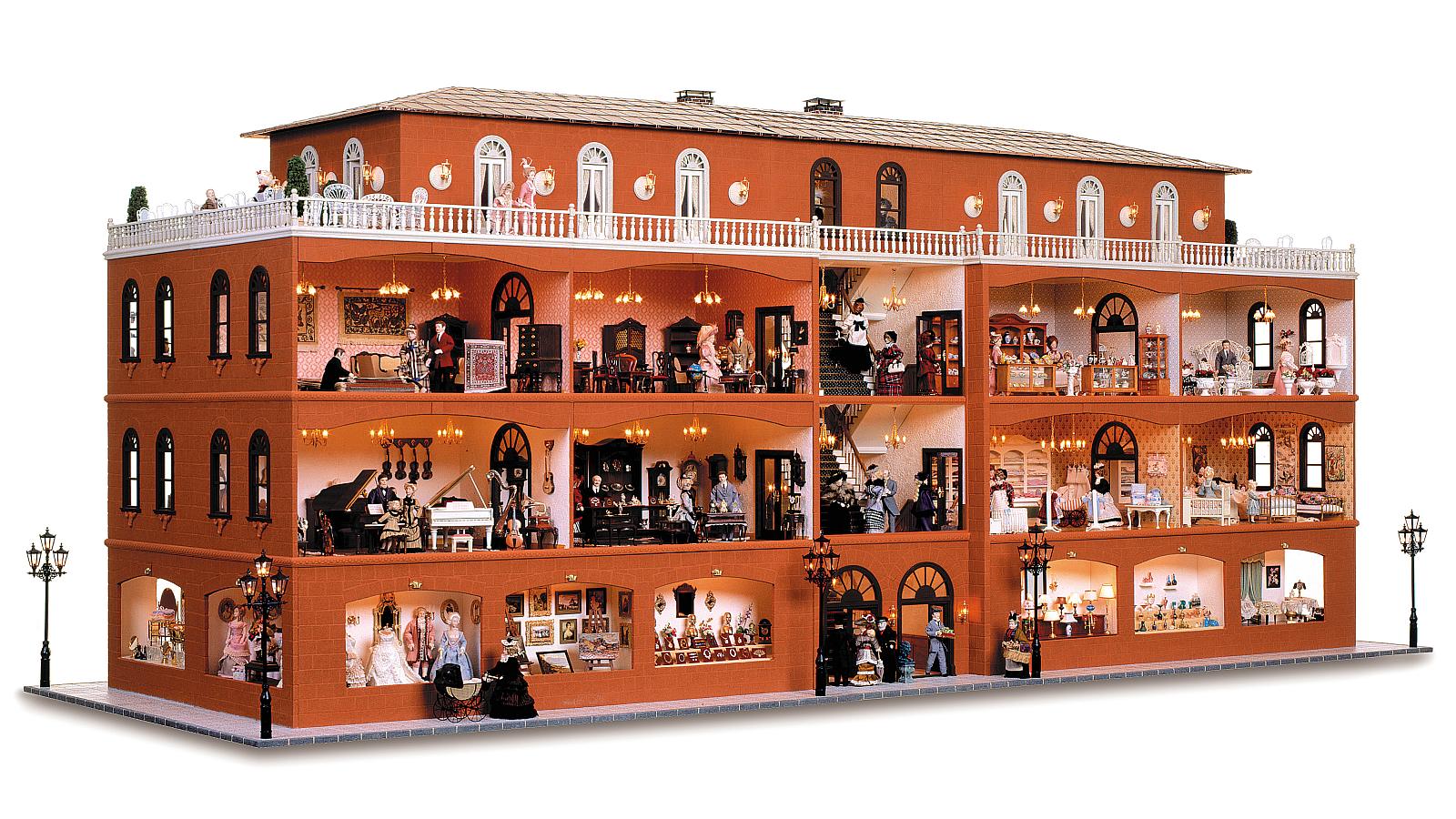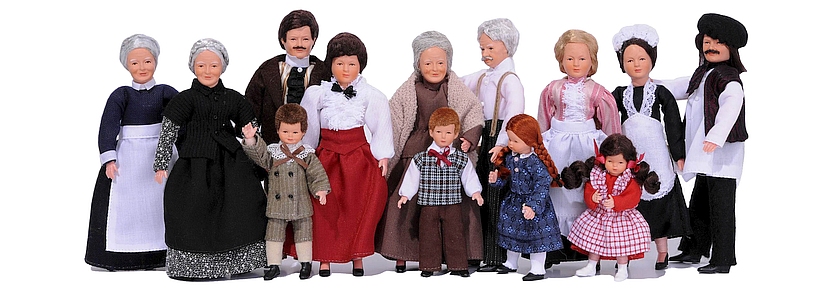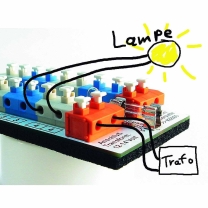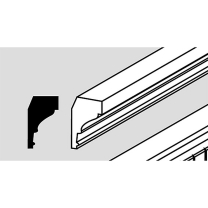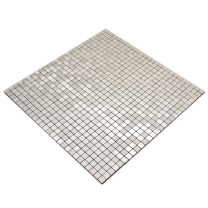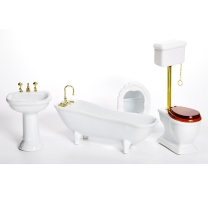Cookies
An HTTP cookie (also called web cookie, Internet cookie, browser cookie or simply cookie), is a small piece of data sent from a website and stored in the user's web browser while the user is browsing it.
Why cookies?
Every time the user loads the website, the browser sends the cookie back to the server to notify the user's previous activity. Cookies were designed to be a reliable mechanism for websites to remember stateful information (such as items added in the shopping cart in an online store) or to record the user's browsing activity (including clicking particular buttons, logging in, or recording which pages were visited in the past).
Other kinds of cookies perform essential functions in the modern web. Perhaps most importantly, authentication cookies are the most common method used by web servers to know whether the user is logged in or not, and which account they are logged in with.
Without such a mechanism, the site would not know whether to send a page containing sensitive information, or require the user to authenticate themselves by logging in.
Why cookies?
Every time the user loads the website, the browser sends the cookie back to the server to notify the user's previous activity. Cookies were designed to be a reliable mechanism for websites to remember stateful information (such as items added in the shopping cart in an online store) or to record the user's browsing activity (including clicking particular buttons, logging in, or recording which pages were visited in the past).
Other kinds of cookies perform essential functions in the modern web. Perhaps most importantly, authentication cookies are the most common method used by web servers to know whether the user is logged in or not, and which account they are logged in with.
Without such a mechanism, the site would not know whether to send a page containing sensitive information, or require the user to authenticate themselves by logging in.



